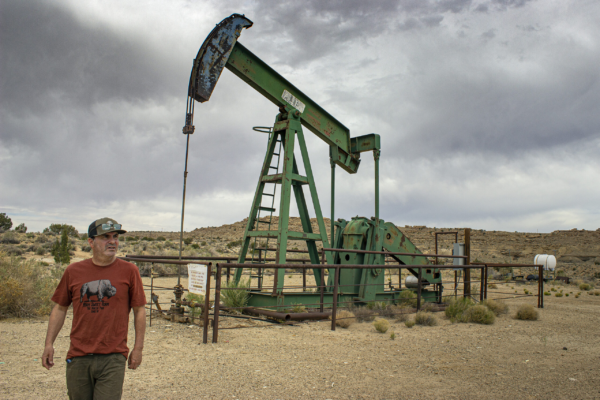Ever wondered about the fate of your food waste? In our global pursuit of Net Zero, sustainability and waste reduction play a pivotal role. Here we discuss the journey of your discarded food – a crucial step in combating climate change.
Food waste includes any inedible food and animal by-products. Food waste recycling starts at home. When you separate your food waste from general waste, you’re taking the first step towards responsible disposal. Once you have collected your food waste – a valuable source of organic material, it is now ready for sustainable transformation!
This waste is collected by waste management services or your local council, your food waste is kept isolated from other waste to prevent contamination and will then be taken to a processing plant where it is recycled and turned into valuable resources such as agricultural fertilisers and energy.
The magic happens through anaerobic digestion, a natural process where microorganisms break down the organic matter in an oxygen-free environment. As the microorganisms’ work, they produce biogas as a by-product, predominantly methane and carbon dioxide. Harnessing this biogas as a renewable energy source reduces reliance on fossil fuels, contributing to cleaner energy and a sustainable future.

Carbogenics’ CreChar solution super charges this process by optimising the anaerobic digestion microbiology, increasing biomethane output, which means more renewable energy out of the same amount of feedstock (food waste). Find out more about our flagship product here.
Recycling food waste not only prevents methane emissions, a potent greenhouse gas, but also creates a closed-loop system, fostering a circular economy and promoting sustainable practices. So, the next time you discard your food scraps, think about the extraordinary journey they embark on, fostering positive change and contributing to a greener, more sustainable future for all.




